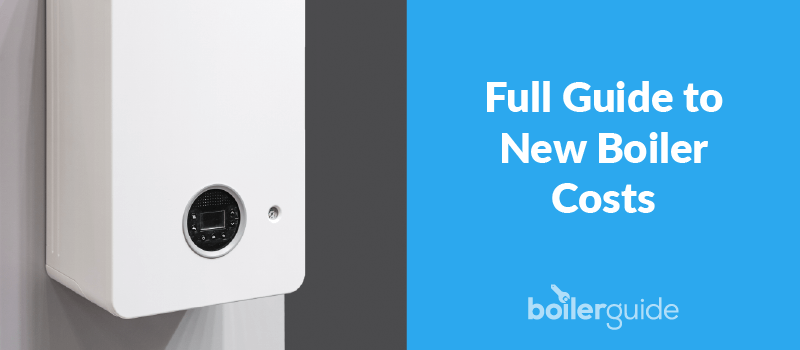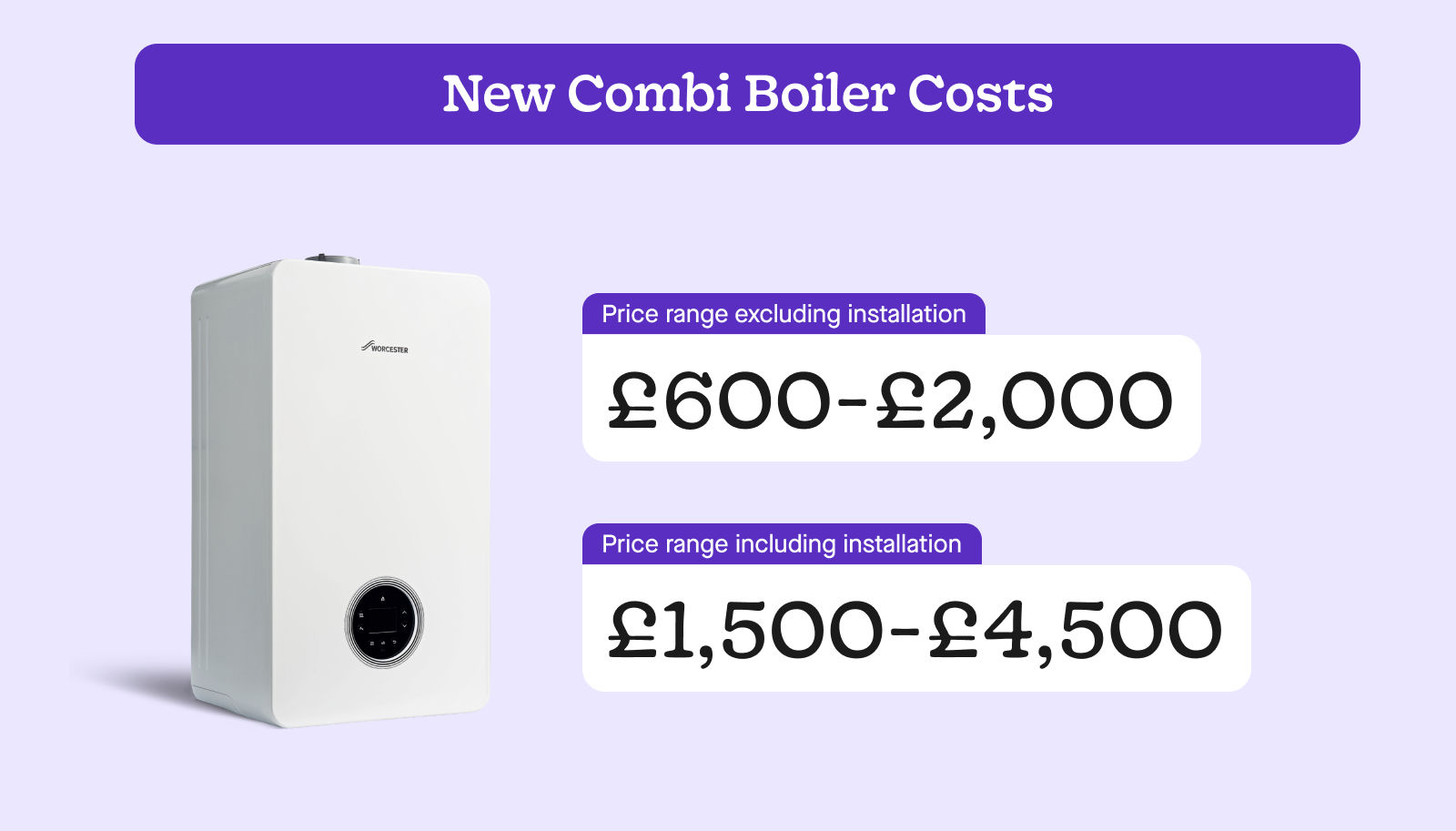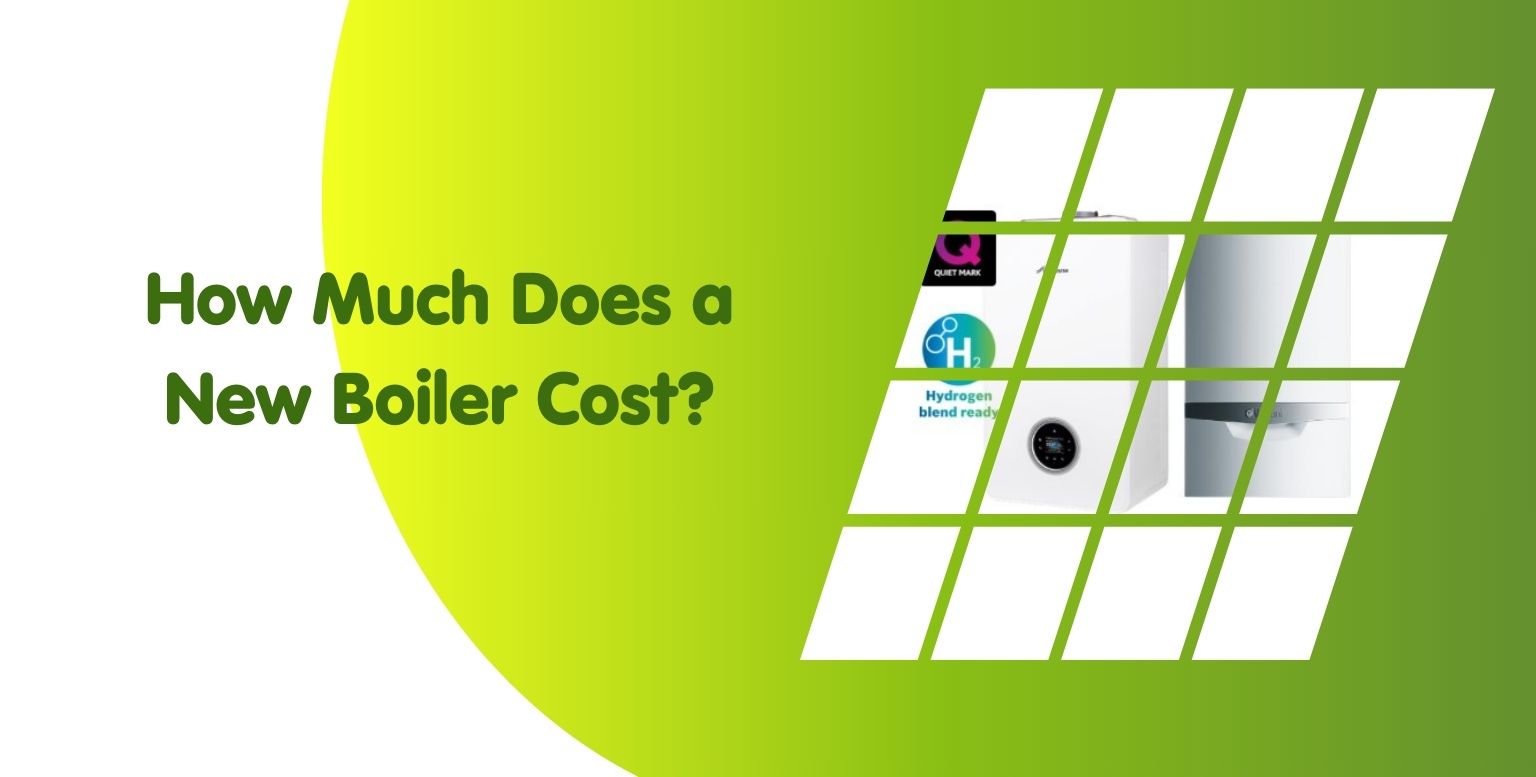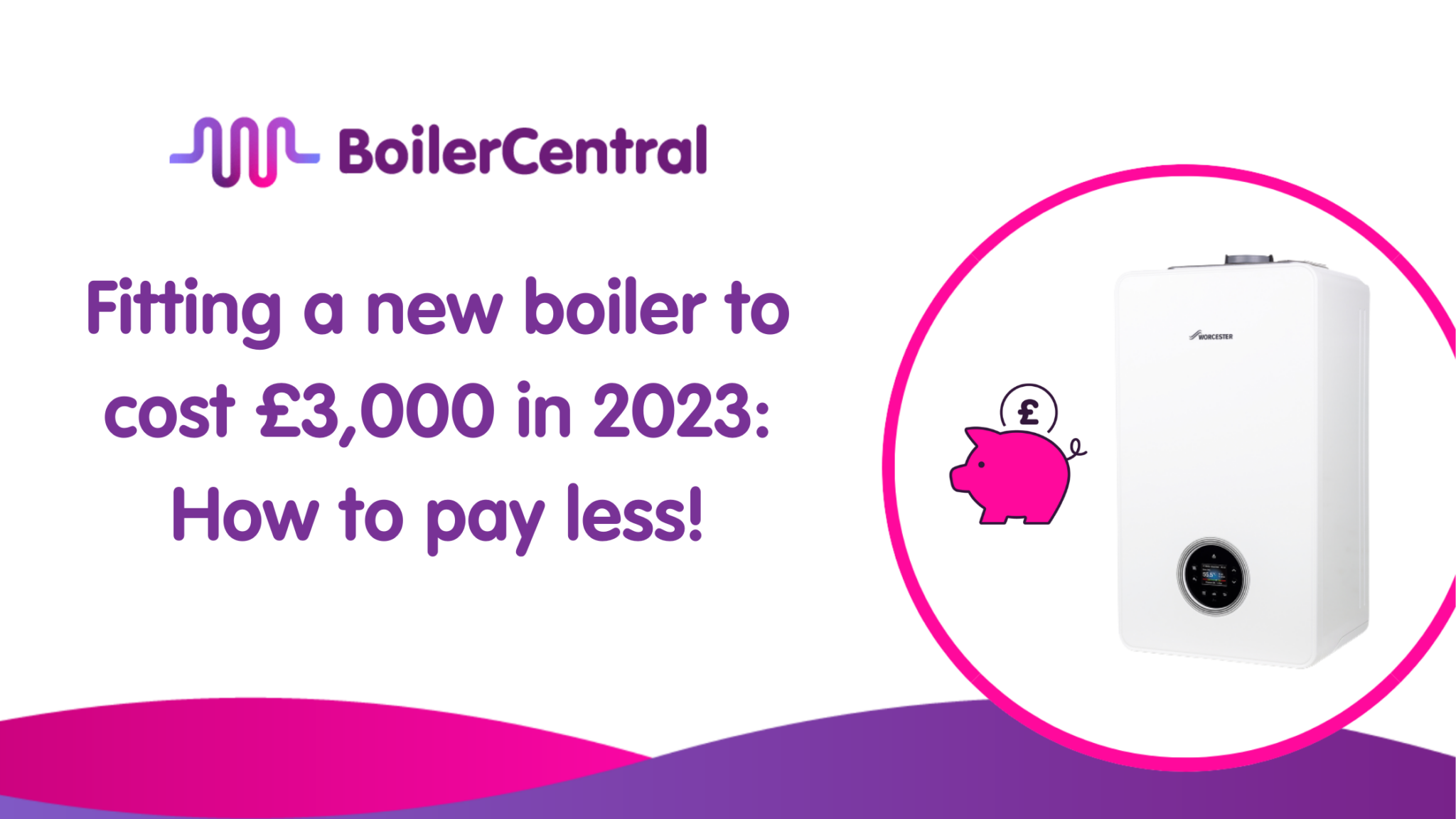Average Cost Of A New Boiler

Understanding the Average Cost of a New Boiler: A Comprehensive Guide
Replacing a boiler is a significant investment, so understanding the costs involved is crucial for homeowners, real estate investors, and even HVAC contractors. This guide breaks down the average cost of a new boiler, factors influencing pricing, popular brands, and essential considerations for making an informed decision.
What Impacts the Cost of a New Boiler?
Several factors contribute to the overall expense of a new boiler installation. Ignoring these variables can lead to inaccurate budgeting and unexpected costs.
- Boiler Type: The type of boiler you choose greatly influences the price. Common types include:
- Combi Boilers: These provide both heating and hot water on demand, eliminating the need for a separate hot water tank. They typically range from $2,500 to $6,000 installed.
- Conventional (Regular) Boilers: These require a separate hot water cylinder and are best suited for homes with traditional heating systems. Installation costs range from $2,000 to $5,000.
- System Boilers: Similar to conventional boilers but with some components built-in, making them easier to install. Expect to pay between $2,300 and $5,500 installed.
- Fuel Type: Boilers run on different fuel types, each with its own cost implications:
- Natural Gas Boilers: Generally the most cost-effective option due to lower fuel prices, with units ranging from $2,000 to $7,000 installed.
- Oil Boilers: Often used in areas without natural gas access, these boilers can be more expensive to run due to higher oil prices. Installation typically costs between $3,000 and $8,000.
- Electric Boilers: While offering clean operation, electricity can be an expensive heating source. Electric boiler installation can range from $1,500 to $5,000, but operational costs should be considered.
- Boiler Size (BTU Output): The size of the boiler, measured in British Thermal Units (BTUs), should match your home's heating needs. A boiler that's too small won't adequately heat your home, while one that's too large will be inefficient. Proper sizing requires a heat load calculation, typically performed by an HVAC professional. Larger BTU output equates to a higher price.
- Boiler Efficiency (AFUE): Annual Fuel Utilization Efficiency (AFUE) measures how efficiently a boiler converts fuel into heat. Higher AFUE ratings mean lower energy bills. High-efficiency boilers (90% AFUE or higher) typically cost more upfront but save money in the long run.
- Installation Complexity: Factors like the existing ductwork, the location of the boiler, and any necessary modifications to your plumbing or electrical system can significantly impact installation costs. Replacing an old boiler with a similar model in the same location is usually less expensive than installing a new boiler in a different area.
- Labor Costs: HVAC contractor labor rates vary by region. Getting quotes from multiple licensed and insured contractors is crucial to ensure you're getting a fair price.
- Brand and Model: Different brands and models offer varying features and performance levels, impacting the cost. Reputable brands often come with higher price tags, but they may also offer better warranties and reliability.
- Permits and Inspections: Local building codes often require permits and inspections for boiler installations. These costs should be factored into your budget.
Average Boiler Costs: A Detailed Breakdown
Here's a breakdown of average boiler costs, including the unit price and installation:
| Boiler Type | Fuel Type | Average Unit Price | Average Installation Cost | Total Average Cost |
|---|---|---|---|---|
| Combi | Natural Gas | $2,000 - $4,000 | $500 - $2,000 | $2,500 - $6,000 |
| Conventional | Natural Gas | $1,500 - $3,500 | $500 - $1,500 | $2,000 - $5,000 |
| System | Natural Gas | $1,800 - $4,000 | $500 - $1,500 | $2,300 - $5,500 |
| Combi | Oil | $2,500 - $5,000 | $500 - $3,000 | $3,000 - $8,000 |
| Conventional | Oil | $2,000 - $4,500 | $1,000 - $3,000 | $3,000 - $7,500 |
| Electric | Electricity | $1,000 - $3,000 | $500 - $2,000 | $1,500 - $5,000 |
Note: These are just average costs. Actual prices may vary depending on your location, specific needs, and the contractor you choose.
Popular Boiler Brands and Models
Several reputable brands offer high-quality boilers. Here are a few popular options:
- Weil-McLain: Known for their durable and reliable boilers, Weil-McLain offers a wide range of models for both residential and commercial applications. Their Ultra Series is a popular high-efficiency option.
- Burnham: Burnham boilers are another trusted brand with a long history. They offer cast iron boilers known for their longevity and efficiency. The Burnham MegaSteam is a well-regarded model.
- Lochinvar: Lochinvar specializes in high-efficiency boilers and water heaters. Their Knight Series boilers are known for their advanced technology and energy savings.
- Navien: A popular choice for combi boilers, Navien offers innovative and efficient models like the NPE-240A.
- Rheem: Rheem offers a variety of heating and cooling products, including gas and electric boilers. They are a good mid-range option for homeowners.
Key Features to Consider When Choosing a Boiler
When selecting a new boiler, consider these important features:
- AFUE Rating: Aim for a boiler with an AFUE rating of 90% or higher for optimal energy efficiency.
- Modulating Burner: A modulating burner adjusts the heat output based on demand, saving energy and reducing temperature fluctuations.
- Sealed Combustion: Sealed combustion boilers draw air from outside, improving efficiency and safety.
- Warranty: Check the warranty terms and conditions. A longer warranty provides peace of mind.
- Smart Features: Some boilers offer smart features like Wi-Fi connectivity and remote control, allowing you to monitor and adjust your heating system from your smartphone.
Boiler Warranties: What You Need to Know
Understanding boiler warranties is crucial. Most manufacturers offer warranties covering parts and labor for a specific period. Here are some key considerations:
- Warranty Length: Typical warranties range from 1 to 10 years. Longer warranties usually indicate greater confidence in the product's reliability.
- Parts Coverage: Ensure the warranty covers all major components, including the heat exchanger, burner, and controls.
- Labor Coverage: Some warranties cover labor costs associated with repairs, while others only cover parts.
- Registration Requirements: Register your boiler with the manufacturer to activate the warranty.
- Maintenance Requirements: Many warranties require regular maintenance by a qualified HVAC technician to remain valid.
Boiler Maintenance: Keeping Your System Running Smoothly
Regular maintenance is essential for extending the life of your boiler and ensuring optimal performance. Here are some key maintenance tasks:
- Annual Inspection: Schedule an annual inspection by a qualified HVAC technician to check for leaks, corrosion, and other potential problems.
- Cleaning: Clean the boiler and its components regularly to remove dirt and debris.
- Water Treatment: If you have a hot water boiler, consider using water treatment chemicals to prevent corrosion and scale buildup.
- Pressure Check: Monitor the boiler's pressure and ensure it's within the recommended range.
- Ventilation Check: Ensure proper ventilation to prevent carbon monoxide buildup.
Getting Quotes and Choosing a Contractor
Obtaining multiple quotes from qualified HVAC contractors is crucial for getting the best price and service. Here are some tips for choosing a contractor:
- Get at least three quotes: This allows you to compare prices and services.
- Check licenses and insurance: Ensure the contractor is licensed and insured to protect yourself from liability.
- Read reviews and testimonials: Check online reviews and ask for references from previous customers.
- Ask about experience: Choose a contractor with experience installing the type of boiler you're considering.
- Get a written estimate: Ensure the estimate includes all costs, including the unit, installation, permits, and any other fees.
Making the Right Choice
Choosing a new boiler is a significant decision. By understanding the costs, factors, and features involved, you can make an informed choice that meets your heating needs and budget. Don't hesitate to consult with HVAC professionals to get personalized advice and recommendations.
Disclaimer: This information is intended for general guidance only and should not be considered professional advice. Always consult with qualified professionals for specific recommendations and pricing.










